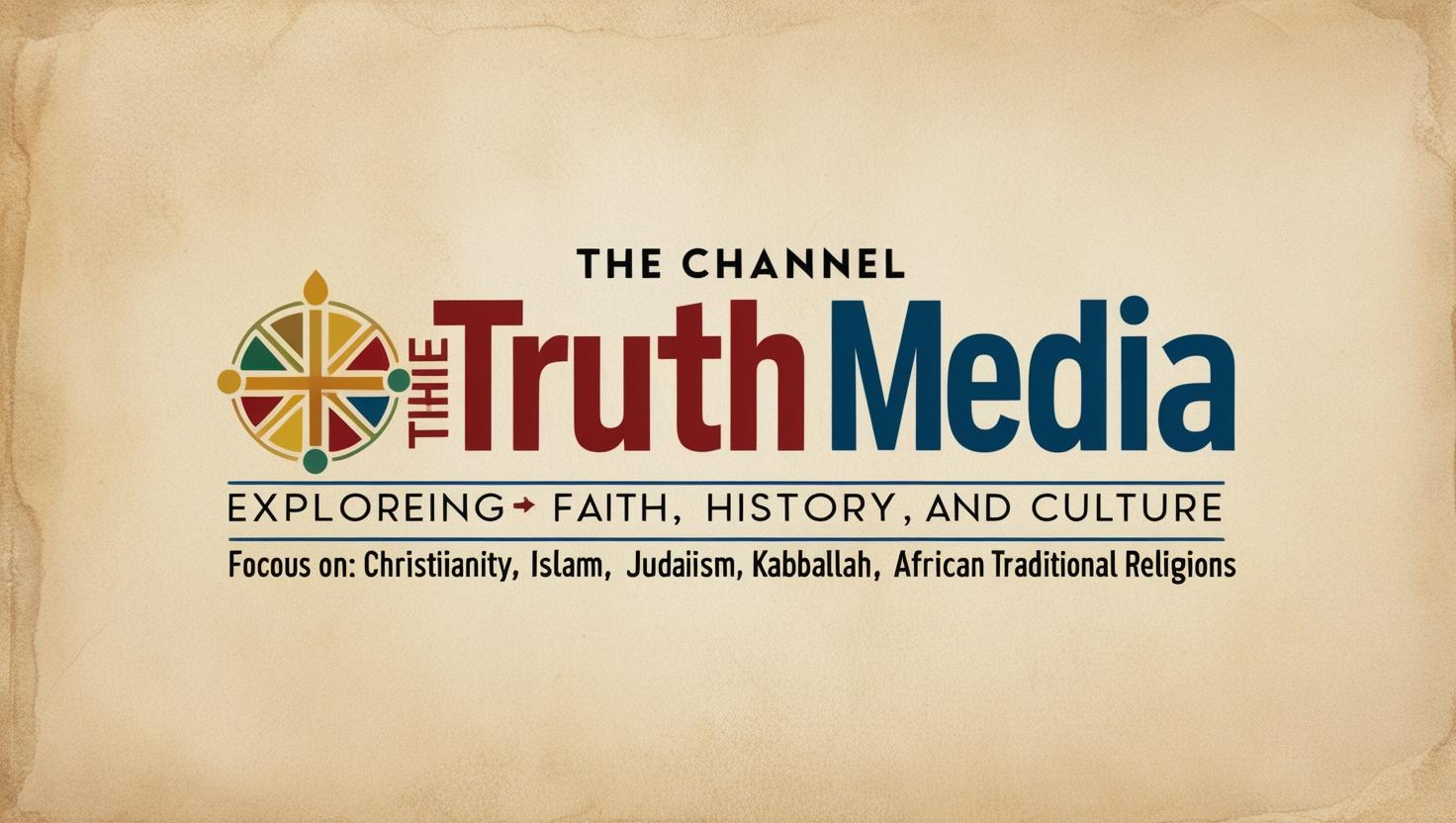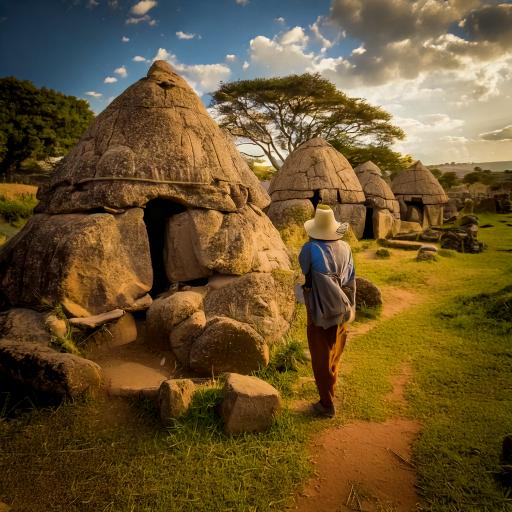EXPLORING AFRICA’S ANCIENT BURIAL PRACTICES
Recent excavations in Africa have uncovered royal tombs that reveal intricate burial rituals and social hierarchies of ancient civilizations. In Sudan, the discovery of pyramidal tombs in Nubia highlights the influence of Egyptian traditions, adapted to local cultures. Similarly, the tombs of Great Zimbabwe showcase elaborate stone structures symbolizing the power and prestige of rulers. These findings shed light on how African societies honored their leaders, blending spirituality and status in their burial practices.
Artifacts of the Ancestors: Insights from African Burial Discoveries
Burial sites often contain artifacts that offer a glimpse into the lives and beliefs of ancient Africans. In West Africa, terracotta sculptures found in Nok burial mounds reveal a focus on artistic expression and ancestor worship. Jewelry, tools, and pottery unearthed in burial sites provide evidence of daily life, trade connections, and the technological advancements of these societies. Each discovery adds depth to our understanding of how ancient Africans commemorated their dead and preserved cultural identity.
Spiritual Beliefs: How Burial Practices Reveal Ancient Worldviews
Burial customs are a window into the spiritual beliefs of ancient African communities. Elaborate graves and offerings suggest a belief in an afterlife, where the deceased required material possessions. Some practices, such as the positioning of bodies and inclusion of symbolic objects, indicate complex rituals designed to ensure safe passage to the spiritual realm. These customs reveal the profound connection between life, death, and spirituality in African worldviews.
Technological Advances: Tools Used in Uncovering Burial Sites
Modern technology is revolutionizing the study of African burial practices. Ground-penetrating radar and LiDAR have helped archaeologists locate hidden graves without damaging them. DNA analysis of remains uncovers details about ancestry, health, and migration patterns. These tools not only aid in preserving fragile sites but also enhance our understanding of ancient African societies and their cultural evolution.
By exploring Africa’s burial practices, researchers continue to uncover stories of resilience, creativity, and profound spiritual traditions, enriching our appreciation of the continent’s historical legacy.

